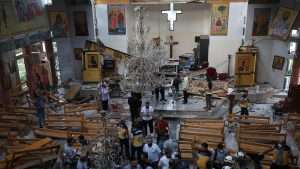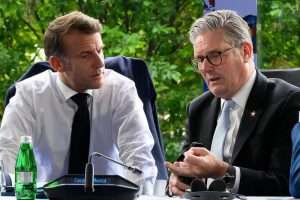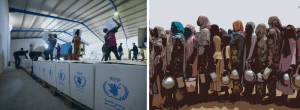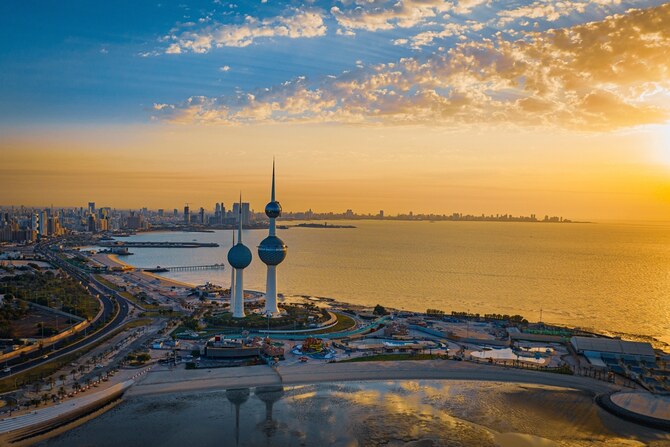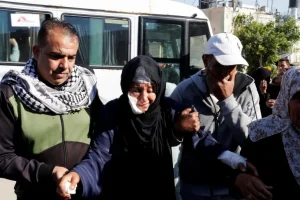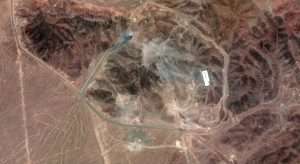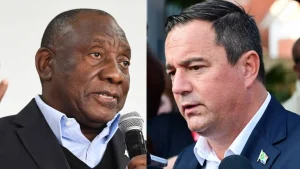Ireland and Palestine are united in a shared struggle

The association between the two countries is rooted in a shared struggle against oppression. But does Ireland’s sentiment look to out of place within the broader European response to the Gaza conflict? And how exactly is Ireland’s solidarity unique?
Ireland and Palestine share a profound unity which is striking not only for its consistency but for its sincerity. On June 4th, Ireland’s Trinity College Dublin said that it will cut ties with Israel to make a statement against “ongoing violations of international and humanitarian law,” signifying its allegiance with the Palestinian people.
What’s more, on May 29th, Ireland’s deputy prime minister, Simon Harris, reaffirmed the government’s stance, stating that Israel’s actions in Gaza amount to genocide.
What makes this bond extraordinary is that it exists across vast differences in religion, geography, and culture, which can stretch into the political and public spheres. The connection is not built on similarity but on shared trauma: the memory of loss and a violent struggle for autonomy.
It is so profound and powerful that such a connection of oppression and shared pain unites people with such differences. So the resonance in which the recent atrocities in Gaza have affected the Irish population is somewhat unique. That parallel pain has bred a fierce empathy among Irish people, evident in both state action and grassroots activism.
The State
Ireland’s sympathy towards Palestine stems from its own history of British colonisation and struggle for independence. The lasting effects of colonialism are still within living memory for the Irish, with “The Troubles” taking place during the second half of the 20th century. It is still a contentious debate within Ireland as Northern Ireland remains part of the United Kingdom. Indeed, the shared experience has fostered this sense of solidarity between the two nations, resulting in an empathetic bond.
Since the outbreak of the Israeli-Palestinian conflict, Ireland’s stance has further solidified. Ireland’s historical experiences and recent actions highlight its unique position in advocating for peace and justice in the region. In 1980, Ireland became the first European Union member state to endorse the establishment of a Palestinian state. This commitment was reaffirmed on May 22nd 2024, when Harris announced Ireland’s formal recognition of the State of Palestine.
Ireland today recognises Palestine as a nation among nations with all the rights and responsibilities that entails
Harris stated: “Ireland today recognises Palestine as a nation among nations with all the rights and responsibilities that entails.” These actions reflect Ireland’s enduring commitment to supporting Palestinian rights and addressing humanitarian needs, rooted in a mutual history of resilience and the pursuit of sovereignty.
Beyond political recognition, Ireland has consistently supported humanitarian efforts in Palestinian territories. In February 2025, Harris announced an additional €20 million in funding for the UN Relief and Works Agency (UNRWA), emphasising the agency’s vital role in providing assistance to Palestinian refugees. Harris expressed grave concern over Israeli legislation affecting UNRWA’s operations and urged other governments to support the agency during this critical time.
On May 29th, the BBC reported that Irish UN peacekeepers patrolling southern Lebanon near the Blue Line, came under fire from the Israeli Defence Forces (IDF). Although no injuries occurred, the incident prompted Harris to condemn the IDF’s actions as “reckless, intimidatory, totally unacceptable” and a clear breach of international peacekeeping norms. Ireland also filed an official protest letter against Israel through the United Nations, underscoring its commitment to international law.
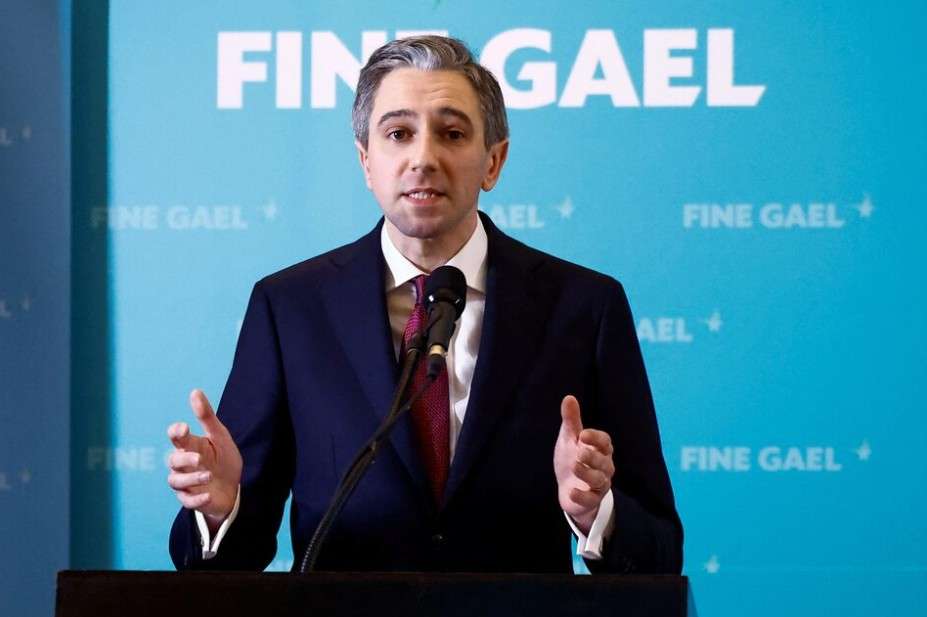
In a significant intensification of rhetoric, Harris accused the Israeli government of engaging in “genocidal activity” in Gaza. He stated, “it is clear that Israel wants to remove Palestinians from the Gaza Strip as part of a consistent pattern of war crimes,” highlighting the severity of the humanitarian crisis and the need for international accountability. The significance of a leader within Ireland’s state openly calling Israeli actions in Gaza “genocidal”, stands out when you consider the inaction amongst the international community.
Ireland’s assertive stance on the Israeli-Palestinian conflict has positioned it as a leading voice within the European Union advocating for Palestinian rights. The EU is currently reviewing its Association Agreement with Israel, a move prompted by concerns over human rights violations in Gaza.
It is clear that Israel wants to remove Palestinians from the Gaza Strip as part of a consistent pattern of war crimes
Ireland’s position has implications within the European Union, where member states hold divergent views on the conflict. While countries like Spain, Slovenia, and Norway have recognised Palestine, others remain more cautious.
Ireland’s actions may influence other Western nations to adopt more critical policies towards Israel, potentially leading to increased international pressure for a resolution to the conflict. The country’s support for international legal actions, such as backing South Africa’s genocide case against Israel at the International Court of Justice, signifies its pursuit in holding nations accountable.
In this context, Ireland’s leadership underscores its commitment to human rights and the country may influence other nations to adopt more critical stances towards Israel’s policies. Potentially helping to reshape the EU’s collective approach to the conflict.
Public Sentiment
The lengths the Irish are going to is remarkable. The term “Paddystinian,” initially used derogatorily, has been reclaimed by Irish activists as a symbol of solidarity, appearing on merchandise and social media campaigns . Likewise, in late May 2025, tens of thousands of people participated in a pro-Palestine protest in Dublin, calling for an immediate ceasefire in Gaza and the imposition of sanctions against Israel.
The demonstration, organised by the Ireland Palestine Solidarity Campaign, featured speeches from political figures and activists. A figure speaking at the National Famine Commemoration on May 17th said, Irish people have “a generational obligation to Palestinians because [their] ancestors knew what colonial forced starvation was, and the trauma that caused.”
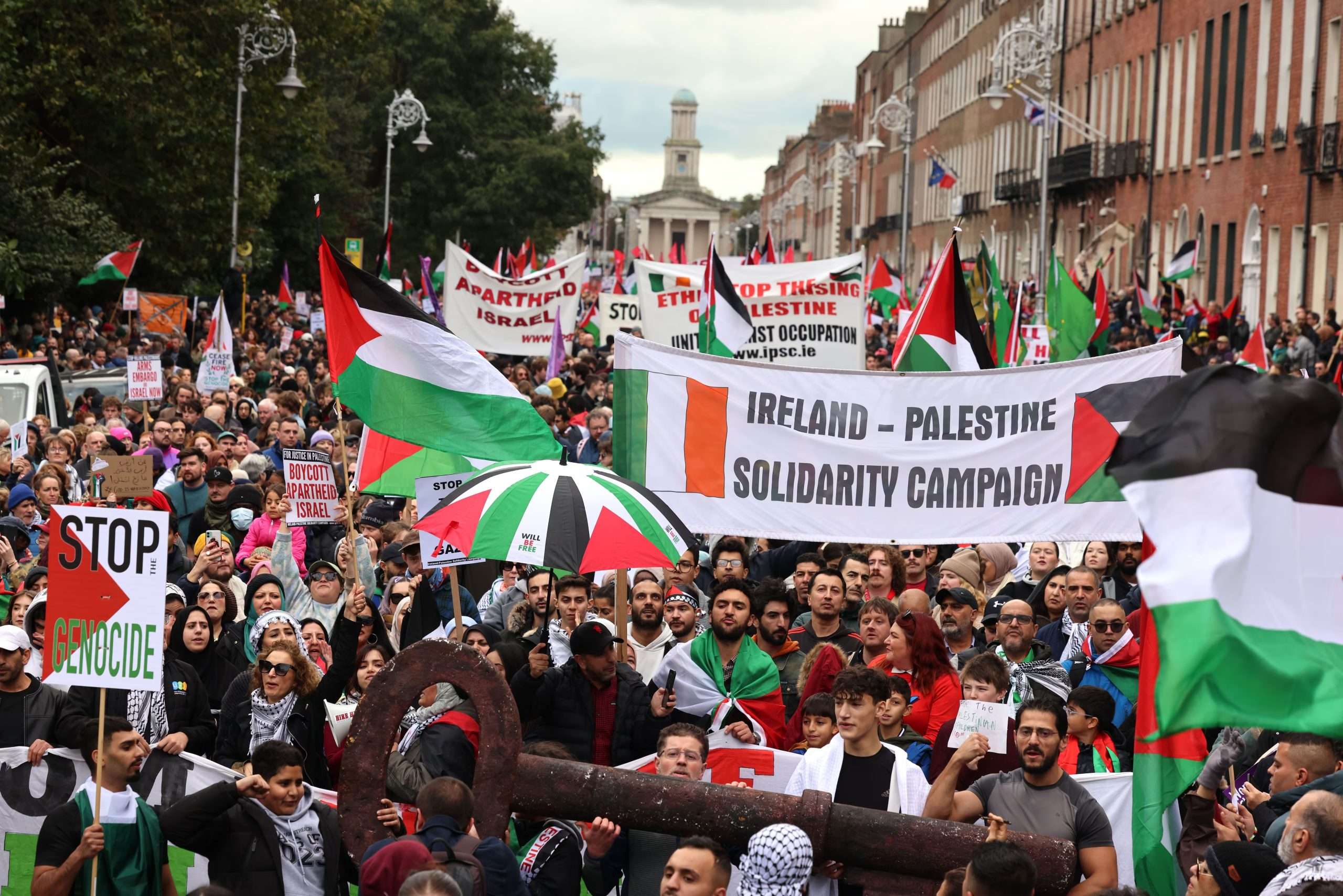
Furthermore, the arrest of 71-year-old Irish activist Deirdre ‘D’ Murphy in the West Bank further galvanised public sentiment. Murphy, volunteering with the International Solidarity Movement, was detained by Israeli authorities in the village of Khalet al-Daba’a, an area designated as a closed military zone. Murphy, a founding member of Swansea Palestine Community Link, was previously detained in Israel in 2011 during a visit with a Welsh pro-Palestine group.
Now, she faces possible deportation. Murphy remains in custody at Ben Gurion Airport, having contested a deportation order. Murphy’s son, Dale Ryan, expressed pride in his mother’s actions. Ryan said: “As far as I can see her only crime was observing crimes against Palestinian people.”
In the realm of sports, Irish MMA fighter Paddy McCorry made headlines by defeating Israeli opponent Shuki Farage and subsequently raising the Palestinian flag in the ring on May 31st. McCorry’s actions, which included shouting “Free Palestine,” were widely shared on social media, symbolising the deep-rooted solidarity within various facets of Irish society.
Most significantly in the recent news, Irish rap trio Kneecap found themselves at the centre of a political and legal storm on May 22nd after member Liam O’Hanna, known as Mo Chara, was charged with a terrorism offence for allegedly displaying a Hezbollah flag during a London concert in November 2024.
The UK classifies Hezbollah as a proscribed terrorist organisation, making public displays of support illegal. The Metropolitan Police’s Counter Terrorism Command initiated the investigation following the emergence of video footage from the event.
Kneecap has vehemently denied endorsing any banned groups, labelling the charge as “political policing” and a “carnival of distraction.” The band asserts that the flag was thrown onto the stage by an audience member and that their actions have been misrepresented.
A generational obligation to Palestinians because our ancestors knew what colonial forced starvation was, and the trauma that caused
The controversy has led to significant repercussions for the group. Their scheduled performance at Glasgow’s TRNSMT festival in July was cancelled due to police safety concerns, although the band quickly arranged an alternative show at Glasgow’s O2 Academy, which sold out in under 90 seconds. Despite these challenges, Kneecap remains defiant, continuing to perform and advocate for their political views. Kneecap’s confrontational style, blends Irish republicanism with pro-Palestinian activism.
All of these events reflect a nation where grassroots activism and public sentiment strongly align with the Palestinian cause. It is more than politics; it is personal for the Irish people.
Thinking critically
Ireland’s pro-Palestinian stance garners widespread support, but it has also elicited concerns, particularly within the Jewish community. Members of Ireland’s small Jewish population have expressed unease over the nation’s strong criticism of Israel, fearing it may fuel antisemitism.
The Israeli government has accused Ireland of adopting extreme anti-Israel policies, leading to the closure of its embassy in Dublin. This move followed Ireland’s recognition of Palestinian statehood and its support for trade restrictions on Israeli settlements.
Balancing support for Palestinian rights with diplomatic relations remains a complex issue, not just for Ireland, but the world. Yet, while the atrocities within Gaza continue, voices of support cannot be drowned out.
So while the government maintains its commitment to human rights and international law, it also faces the challenge of addressing domestic concerns about potential antisemitism and maintaining constructive international relations. These debates reflect the broader complexities of Ireland’s involvement in the Israeli-Palestine conflict, highlighting the need for nuanced approaches that uphold human rights while nurturing inclusive conversations.
The Irish-Palestinian bond transcends borders, religion, and politics, it is a solidarity rooted in memory, pain, and resistance. That two nations, though so different, feel so deeply for one another, which shows how universal the experience of oppression can be. Ireland’s empathy for Palestine is not abstract; it is alive in its streets, diplomacy, and public conscience. It emphasises that moral clarity can endure when history is honoured, not erased.
The Times of Israel, Middle East Eye, The Ireland News, Anadolu Agency, BBC, Irish Independent, The Independent, The Guardian, Al Jazeera, The Irish Times, The New Arab, Al-Monitor, France 24 via AFP
Want to chase the pulse of North Africa?
Subscribe to receive our FREE weekly PDF magazine




